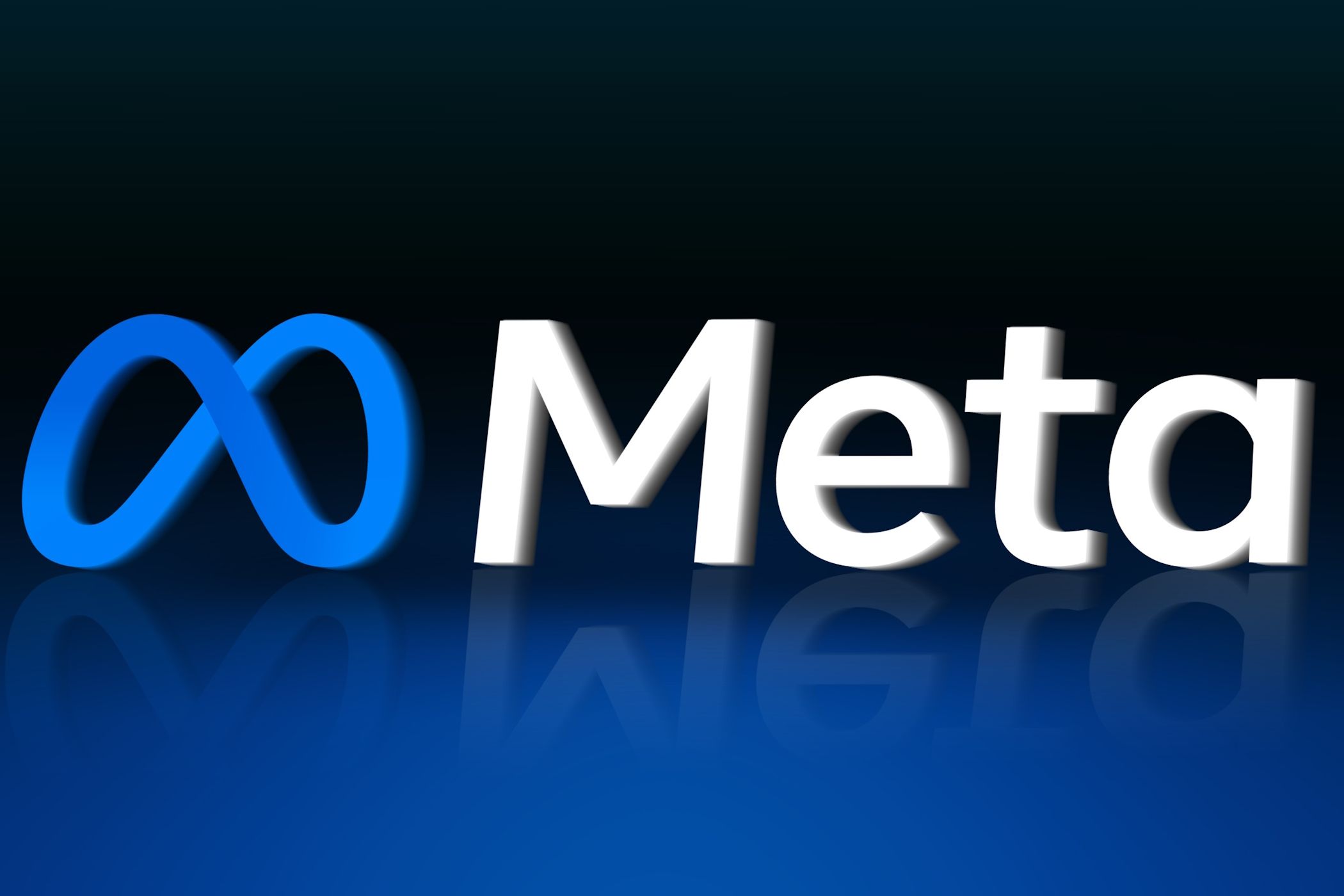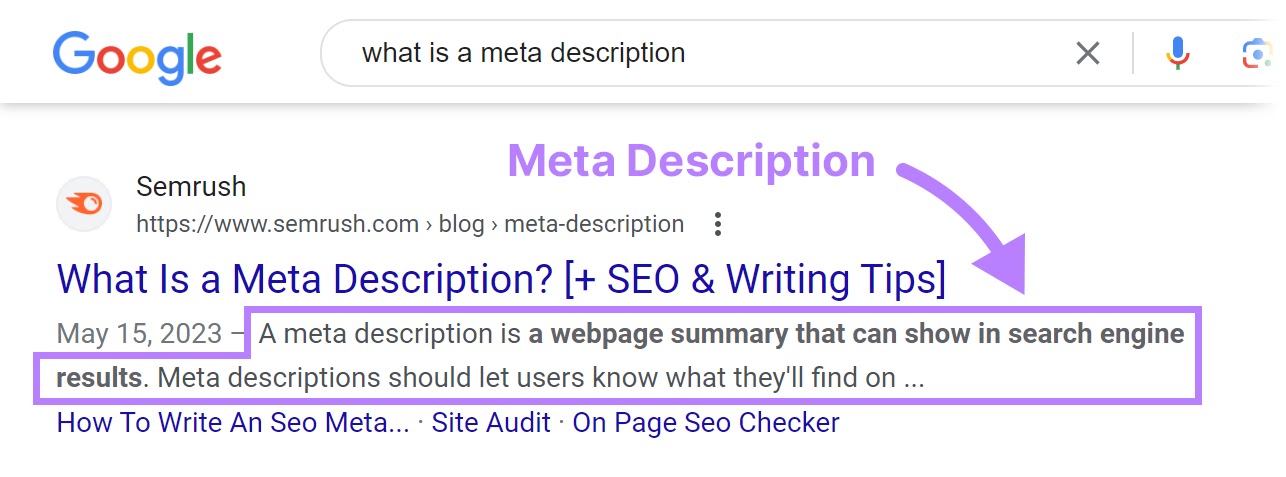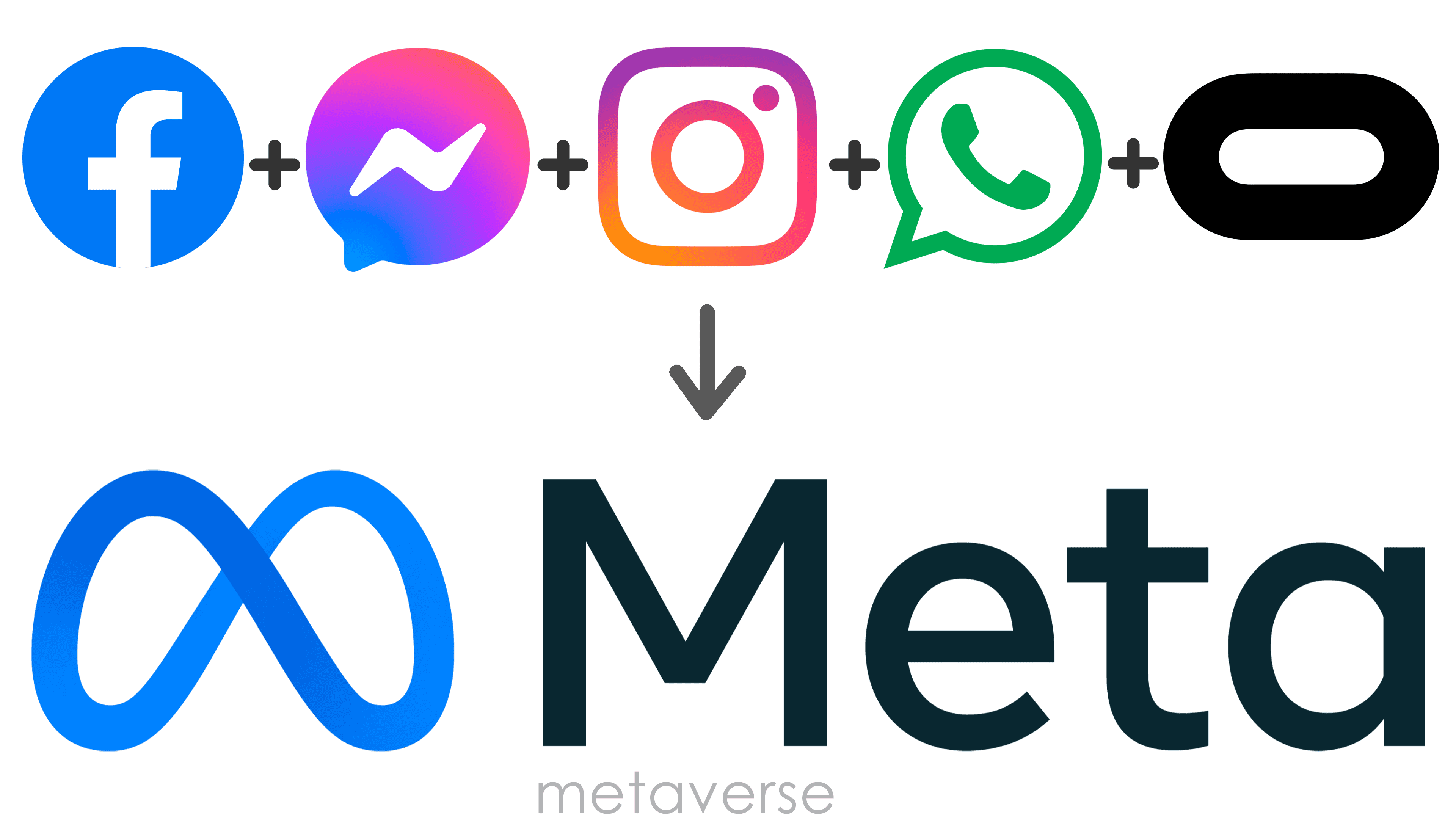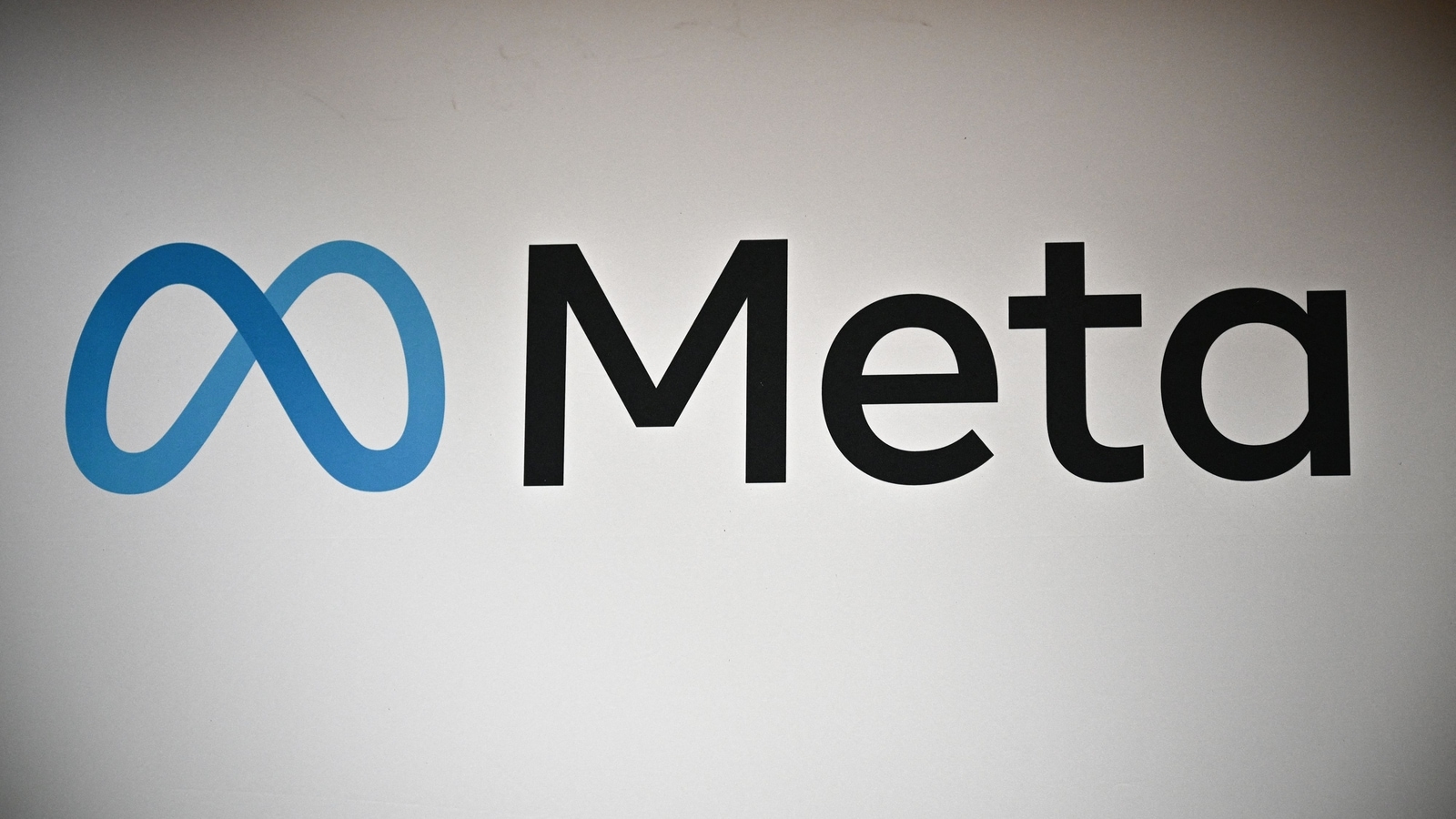Meta Defends Its Market Position: "No Monopoly" Claims as Landmark Antitrust Trial Unfolds
BlogTable of Contents
- UK calls on Meta not to roll out end-to-end encryption on Messenger ...
- Meta says there’s been no downside to sharing AI technology | Tech News
- Meta reveals its AI voice cloning tool, and you can try it for yourself
- Earnings Preview: What To Expect From Meta
- META Looks to Lead AI Race: Is Buying in a No-Brainer?
- What Is a Meta Description? (+ How to Write One & Best Practices)
- Meta - SameenaTanishia
- What Is a Meta Description? (+ How to Write One & Best Practices)
- Meta is shutting down Workplace, its enterprise communications business ...
- Lawmakers debate ending Section 230 in order to save it - The Verge


The antitrust trial, which has been making headlines for months, revolves around allegations that Meta has engaged in anti-competitive practices to maintain its dominance in the digital market. The company's acquisition of Instagram and WhatsApp in 2012 and 2014, respectively, has been under scrutiny, with regulators arguing that these moves were designed to stifle competition and eliminate potential threats to Meta's market share. However, Meta counters that these acquisitions were necessary to expand its services and improve user experience.


A Competitive Landscape


In a statement, a Meta spokesperson emphasized that "the digital landscape is constantly evolving, with new platforms and services emerging all the time. We believe that our services compete fiercely with each other, and that users have a wide range of choices when it comes to social media, messaging, and online services." This statement highlights Meta's commitment to providing users with options and its recognition of the dynamic nature of the digital market.


Regulatory Scrutiny

:format(webp)/cdn.vox-cdn.com/uploads/chorus_asset/file/23951351/STK043_VRG_Illo_N_Barclay_5_Meta.jpg)
The outcome of this trial will have far-reaching implications for the tech industry. If Meta is found to have engaged in anti-competitive practices, it could face significant fines and be forced to divest some of its assets. On the other hand, if the company is able to successfully defend its position, it could embolden other tech giants to pursue similar strategies, potentially leading to further consolidation in the industry.
As the landmark antitrust trial involving Meta continues to unfold, one thing is clear: the stakes are high, and the outcome will have significant implications for the future of the tech industry. While Meta claims to operate in a competitive environment, regulators remain skeptical, and the company's defense will be put to the test in the coming weeks. As the trial progresses, it will be important to watch how Meta responds to allegations of anti-competitive practices and how the company's market position is ultimately affected. One thing is certain, however: the tech industry will be watching closely, and the outcome of this trial will shape the course of digital innovation for years to come.